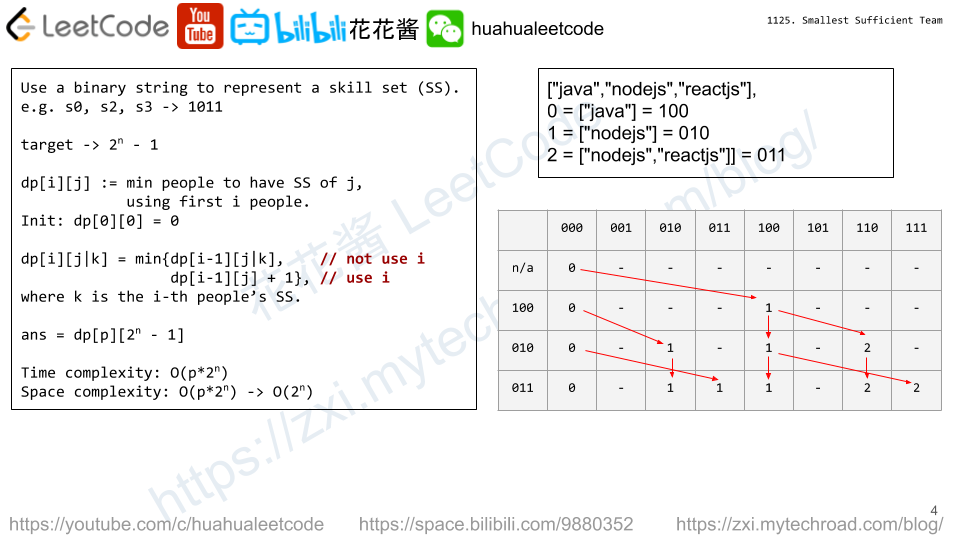Alex and Lee continue their games with piles of stones. There are a number of piles arranged in a row, and each pile has a positive integer number of stones piles[i]. The objective of the game is to end with the most stones.
Alex and Lee take turns, with Alex starting first. Initially, M = 1.
On each player’s turn, that player can take all the stones in the first X remaining piles, where 1 <= X <= 2M. Then, we set M = max(M, X).
The game continues until all the stones have been taken.
Assuming Alex and Lee play optimally, return the maximum number of stones Alex can get.
Example 1:
Input: piles = [2,7,9,4,4] Output: 10 Explanation: If Alex takes one pile at the beginning, Lee takes two piles, then Alex takes 2 piles again. Alex can get 2 + 4 + 4 = 10 piles in total. If Alex takes two piles at the beginning, then Lee can take all three piles left. In this case, Alex get 2 + 7 = 9 piles in total. So we return 10 since it's larger.
Constraints:
1 <= piles.length <= 1001 <= piles[i] <= 10 ^ 4
Solution: Recursion + Memoization
def solve(s, m) = max diff score between two players starting from s for the given M.
cache[s][M] = max{sum(piles[s:s+x]) – solve(s+x, max(x, M)}, 1 <= x <= 2*M, s + x <= n
Time complexity: O(n^3)
Space complexity: O(n^2)
C++
|
1 2 3 4 5 6 7 8 9 10 11 12 13 14 15 16 17 18 19 20 21 22 23 24 |
// Author: Huahua, 12 ms / 9.7 MB class Solution { public: int stoneGameII(vector<int>& piles) { const int n = piles.size(); unordered_map<int, int> cache; // Maximum diff starting from piles[s] given M. function<int(int, int)> solve = [&](int s, int M) { if (s >= n) return 0; const int key = (s << 8) | M; if (cache.count(key)) return cache[key]; int best = INT_MIN; int curr = 0; for (int x = 1; x <= 2 * M; ++x) { if (s + x > n) break; curr += piles[s + x - 1]; best = max(best, curr - solve(s + x, max(x, M))); } return cache[key] = best; }; int total = accumulate(begin(piles), end(piles), 0); return (total + solve(0, 1)) / 2; } }; |
